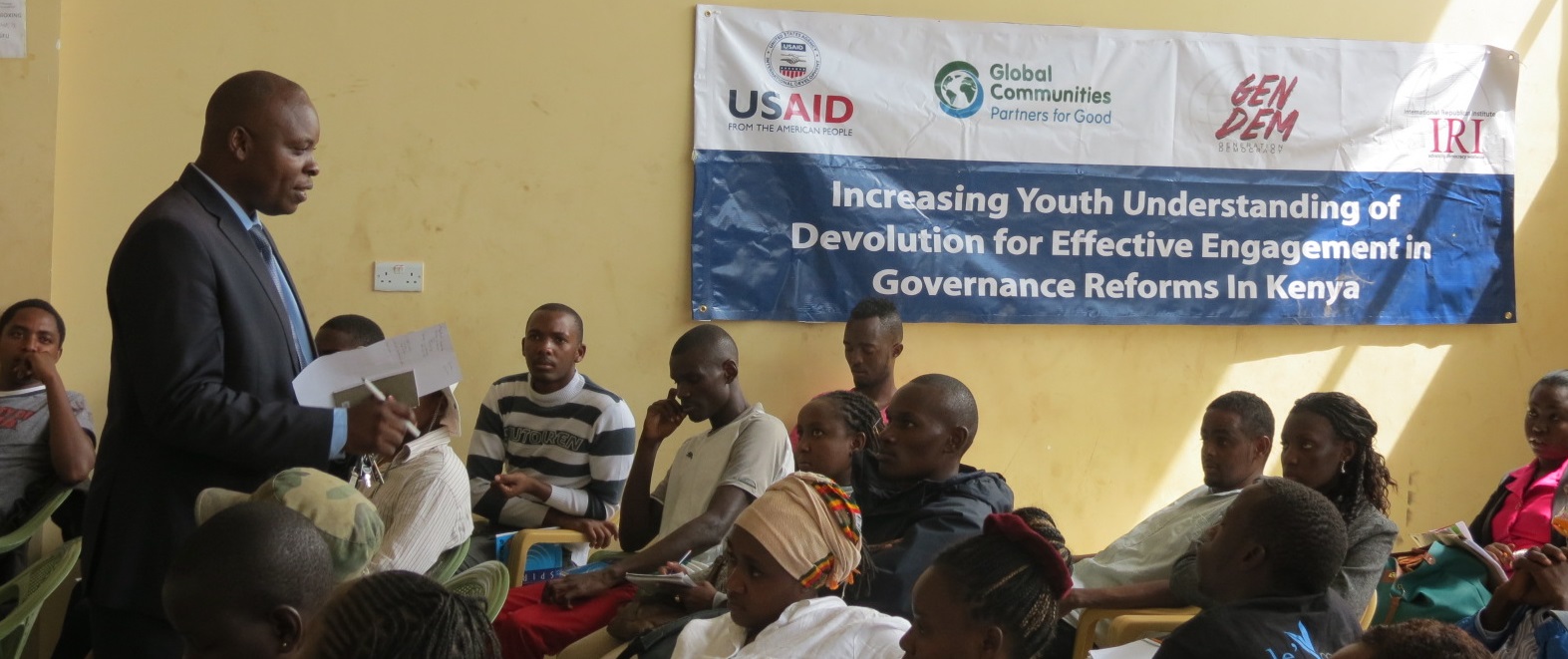
We Africans sometimes complain about how others are not focusing on our story. Take for example the Paris attacks in late 2015; the media coverage stirred to my mind memories from Kenya’s own Garissa University attack. Some say there is inequality in coverage between the Paris attack and terror attacks perpetrated in African and other less developed countries, but I personally hold a different opinion to this argument (a story for another day). But today, on Africa Day, I think “what have we Africans done to tell our story?” Thanks to the internet and social media, we no longer have to wait for mainstream media to tell the untold stories. While Kenya continues to face real challenges, I wish to take the opportunity of Africa Day to tell the story of two ways in which my country is progressing on its path toward a stronger democracy.
The Constitution of Kenya, 2010
It would be an oversight if I did not highlight the document that has brought Kenya attention for all the right reasons, the 2010 Kenyan Constitution. It is through this document that Kenya sought to institutionalize democratic principles. It incorporates all of the principles that democracy advocates like myself find as music to our ears: inclusiveness, equity, accessibility, accountability, transparency, efficiency and effective service delivery, government responsiveness, and more! In fact, the Constitution of Kenya, 2010 is considered one of the most progressive constitutions in Africa. But what has this meant for me?
I grew up in a town that used to be known as the ‘most industrious town’ (an important fact to know for our school exams). However, since the political leanings of my community did not align with the government of the time, I grew up watching all of the industries close. Many friends and neighbors lost their jobs, which drastically affected their lifestyle. Freedom of speech and association were elusive rights for us then, among other rights that we now enjoy.
For me, what this constitution has done is make it difficult for the government to take away very important and basic rights of citizens, regardless of who is in power. Unlike legislation passed in the parliament, it is very difficult for a government to change constitutional principles. This is a big change for Kenyans; no longer can a few individuals determine our fate. This document constitutionally establishes institutions and systems meant to protect the common citizen.
Devolution
Kenya’s devolved system of government has attracted the attention of other countries interested in benchmarking their own decentralization reforms against Kenya’s experience. After experiencing many years of a very powerful central government that distributed resources unequally, creating unequal development across the country, Kenyans wanted to distribute power more equally through sub-national county governments. Devolution was intended to bring the government closer to the people. But what has it meant for me?
It was only after visiting Turkana County and Marsabit County that the reality of uneven distribution of resources in Kenya dawned on me. The first time I travelled to Turkana, in 2013, a local church hosted me because the town did not have many hotels due to a low number of visitors. However, since the transition to devolved government, places like Turkana are transforming. You now have to book a flight to Turkana well in advance due to the high demand. You can choose from a variety of hotels, and there is a university now too. I would have never imagined these things the first time I traveled there. I now look forward to traveling to places like Turkana, even as a tourist, since there are many hidden gems to explore.
In my opinion, devolution has produced a more equitable distribution of resources and begun to balance development across the country. Many professionals relocated from Nairobi back to their rural counties due to new opportunities for employment and business. For me, devolution has given Kenyans an opportunity to determine their future. It has given them what they wanted, a choice.
In reflecting on my hopes for my country’s democracy on this Africa day, I think we have much to be proud of. The Constitution of Kenya, 2010 and devolution reforms give us a strong foundation for further democratic gains. It is imperative that citizens understand their rights as enshrined in our constitution and participate in the political process to ensure their protection.
Top